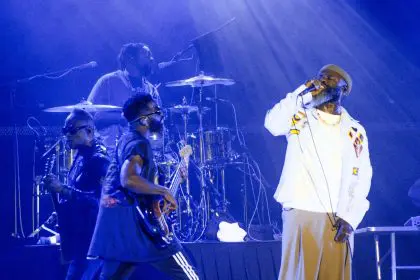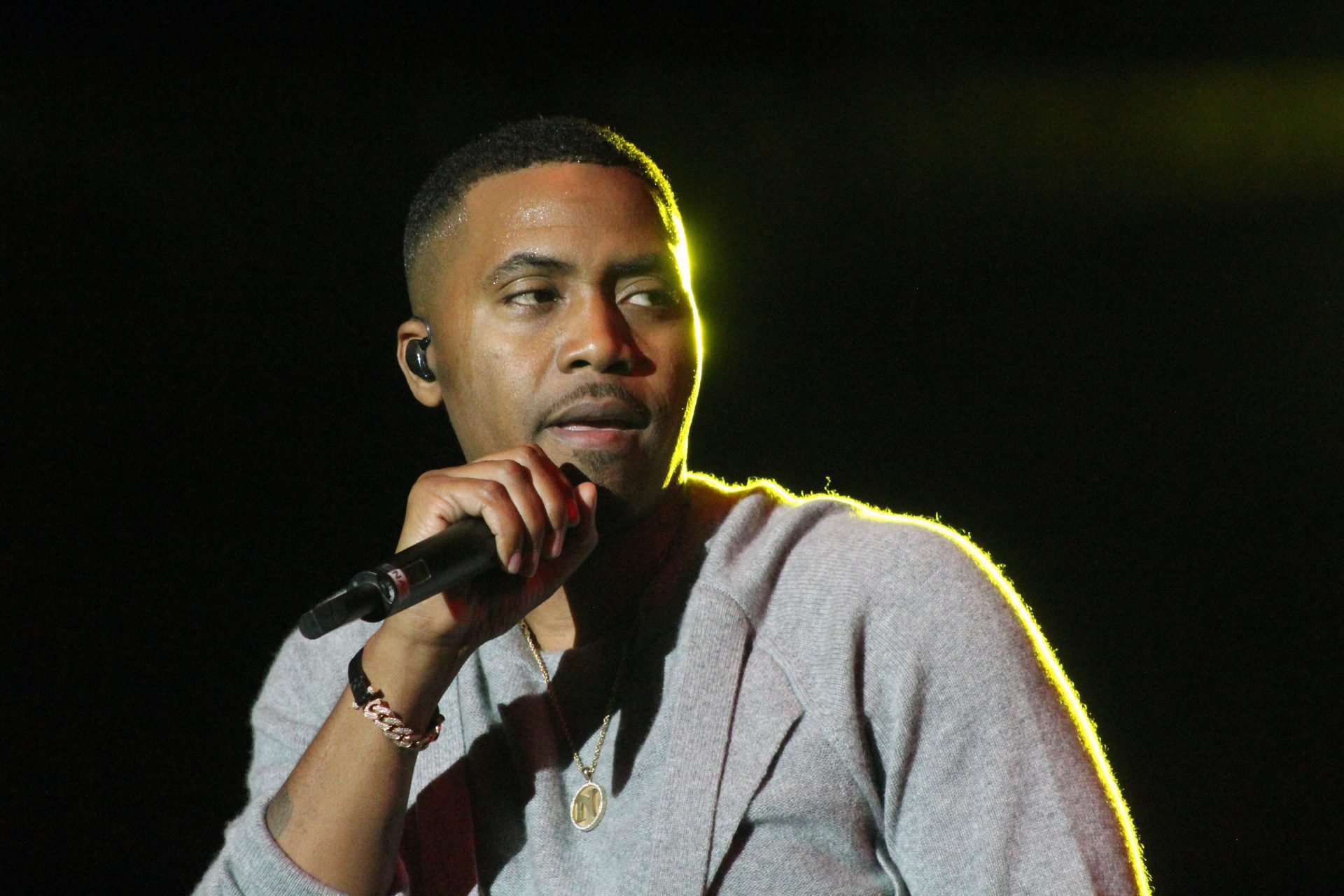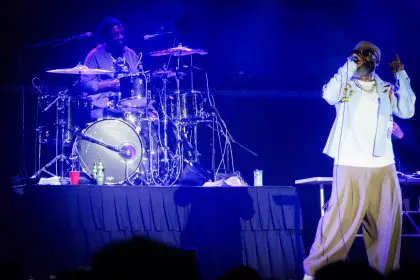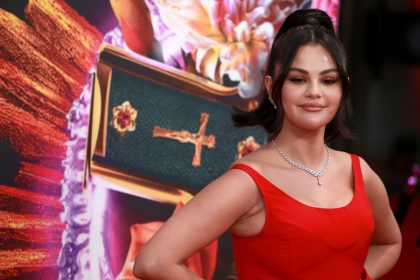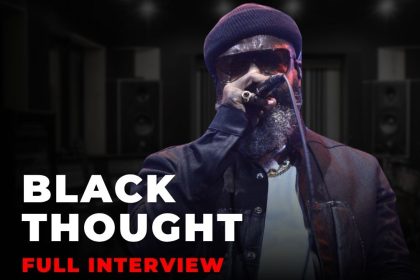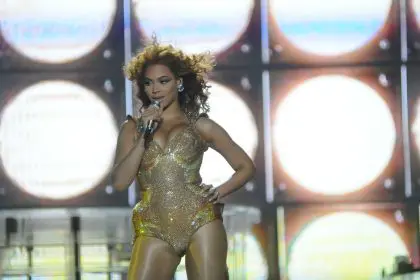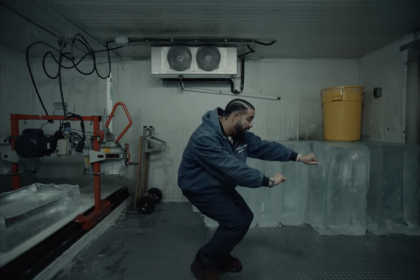
This week, Roots drummer and producer, Questlove, published the first in a six-part series of essays for Vulture called “When the People Cheer: How Hip-Hop Failed Black America.” The piece, a thoughtful examination of hip-hop’s current place in pop culture, resonated deeply with me. As a music lover and hip-hop head, watching hip-hop go from a culture shared by me and my friends to a worldwide phenomenon has been a complicated experience over the last 25 years. Unlike many of my peers, I didn’t view the expansion of hip-hop globally with cynicism; music and art will spread and eventually touch any and all who come in contact with them. It’s not something one can really control. Music’s ability to connect us all is what makes music so great.
But, as Quest points out in his piece — what happens when hip-hop is everywhere?
“Hip-hop has taken over black music,” Questlove writes. “At some level, this is a complex argument, with many outer rings, but it has a simple, indisputable core. Look at the music charts, or think of as many pop artists as you can, and see how many of the black ones aren’t part of hip-hop.” He reminds us that 25 years ago, there was much more variety in popular black music. Hip-hop, R&B, black pop stars and even black rock artists were all over the charts. It wasn’t all lumped under one all-encompassing “hip-hop” umbrella.
With the term “hip-hop” being applied to so many industries, (virtually anything related to young, black people is now tagged with “hip-hop,” from tacky reality shows to tackier fashion fads —not all of which are born out of the “urban experience”), doesn’t it neuter an art form who’s greatest asset has always been it’s potency?
“Maybe domination isn’t quite a victory,” Questlove writes. “Maybe ever presence isn’t quite a virtue.”
The strange, confounding, and for me, ultimately frustrating truth about hip-hop is that, while it has become the dominant youth culture, it is still treated like a youth’s culture. A genre of music that has been around for 35 years (on wax) and 42 years as a culture is still marketed as a trend-driven “culture of cool.” For all of the discussion regarding hip-hop’s evolution, the fact that there are parents of grown children that grew up with hip-hop themselves is virtually ignored. While rock and R&B were canonized as they evolved, hip-hop has remained pigeonholed in a way that has stifled it as an art form. All the while, it thrives as a commercial industry. There is no Hip-Hop Hall of Fame. There is no “Classic Hip-Hop Radio” or “Adult Contemporary Hip-Hop Radio.” Subgenres like gangsta rap or alternative rap don’t get the same specified attention that, say, heavy metal or grunge got. Rolling Stone won’t put a “hip-hop legend” on its cover; but it will put out a Bob Dylan or a Bruce Springsteen cover.
Hip-hop’s growth can’t be denied. But what also can’t be denied is the truth that those that own record labels, major magazines and TV networks have not respected this art form enough to truly give it the platforms it warrants. There is still an attitude that hip-hop should just be happy to have a seat at the table. Hip-hop is no longer a “young” genre. It’s old enough to be treated with the same reverence that rock and R&B received 30 years ago. Rock & roll and R&B exploded in the 1950s — no one was still referring to those genres as “young” in the mid-1980s. So why do we treat hip-hop that way now? Rappers and purveyors of hip-hop culture should stop viewing placements on Forbes lists and symposiums at Harvard as victories; and start demanding that those in positions of influence give the art form the respect it truly deserves instead of simply treating it like a cash cow while shortchanging the fans, legends and history.

